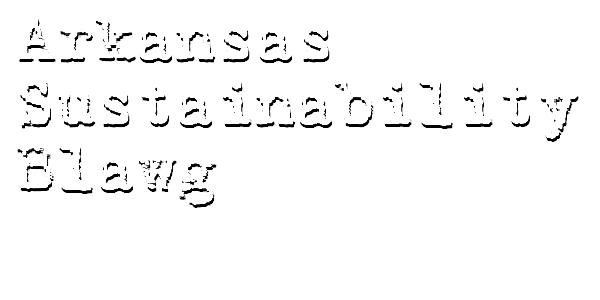I’ve discussed the key elements of HB 1118 in previous posts. In short, HB 1118 would create an investment tax credit equal to 20% of the first $1,000,000 of qualified rehabilitation or development expenditures incurred for a qualified project. Any unused tax credits could be carried over for seven consecutive taxable years, and the credit can be transferred, sold, or assigned one time.
- The return ratio on the HB 1118 tax credit is 1 to 5. In other words, $1,000,000 in tax credits generates $5,000,000 of development or rehabilitation expenditures.
- Every $1.00 of income tax credits returns between $2.19 and $2.22 in income to Arkansans.
- The tax credit should spur economic development not only in central business improvement districts, but in the areas adjacent to the districts.
- Downtown revitalization is a key part of the push for higher paying jobs and a higher quality of life in Arkansas.
- By stimulating the rehabilitation of existing structures, the tax credit will help return non-productive downtown areas to income producing and tax generating areas. This, in turn, will stimulate the tax base through new sales and payroll taxes, as well as by increasing the tax base.
- The tax credit will help attract new businesses to their downtown business areas by creating a significant marketing and economic incentive for municipalities to include in their development packages.

No comments:
Post a Comment
I welcome your comments. By commenting on this blog, you accept the blog's terms of use. You must use your first and last name when posting, and you must stay on topic.